

03.01 Arjuna’s third question – At the start of the Gita’s second chapter, Arjuna asks a question, which essentially means: “Should he fight or not?” Why does he get this question?
In the concluding part of chapter two (02.65, 02.70, 02.71), Krishna repeatedly uses the word shanti (peace). As Arjuna had earlier been strongly inclined toward avoiding the fight (01.45), he naturally zeroes in on that word (shanti) and infers that Krishna wants him to seek peace. But he remembers that Krishna has also repeatedly urged fighting (02.37, 02.38). Hence, his confusion.
Actually, Krishna is talking about not outer peace, but inner peace. And such peace results from self-realization, which is the mature fruit of working with detachment. In Arjuna’s case, such detached work means fighting as a duty without becoming obsessed with profit-loss calculations. Thus, Krishna’s instructions — fight externally and find peace internally — are not contradictory.
Why does Arjuna use specific terms to articulate his question? Let’s first consider those terms: “If you think intelligence (buddhi) is better than action (karma), then why recommend the horrible work of fighting (ghora-karma)?” In the previous chapter, Krishna repeatedly endorsed the use of buddhi (02.50) and the practice of buddhi-yoga (02.39). And he specifically stated buddhi-yoga is better than inauspicious work (02.49). As Arjuna is reluctant to fight, he assumes that inauspicious work refers to the work of fighting against his relatives. Hence, his question.
Actually, Krishna defines inauspicious work differently: any work done with attachment is inauspicious. Hence, he instructs Arjuna not to give up his duty, but to give up attachment while doing his duty (02.47) — such detached work is buddhi-yoga.
One-sentence summary:
To understand a speaker’s message , don’t fixate solely on their words; strive to understand the broader context in which they are using those words.
Think it over:
- Why does Arjuna get confused about the term ‘peace’?
- Why does Arjuna get confused about the term ‘inauspicious work’?
- To understand a speaker’s message properly, what do we need to do and not do?
***
03.01: Arjuna said: O Janardana, O Keshava, why do You want to engage me in this ghastly warfare, if You think that intelligence is better than fruitive work?
To know more about this verse, please click on the image



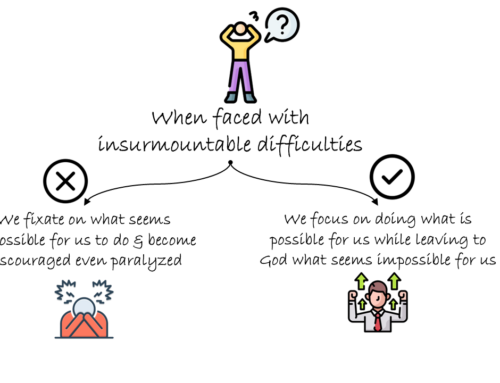

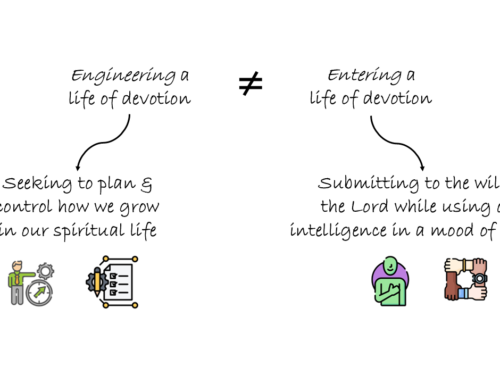

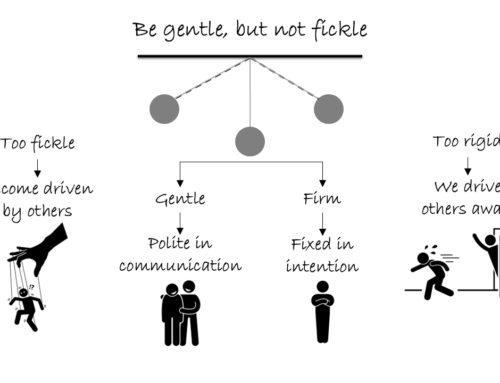
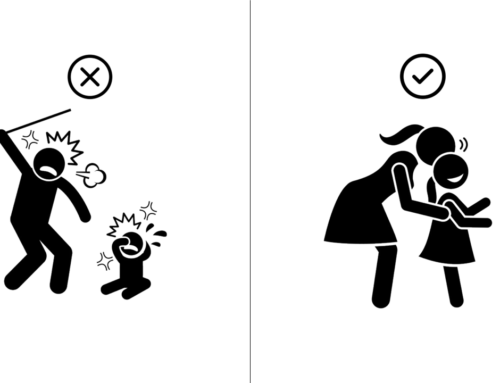
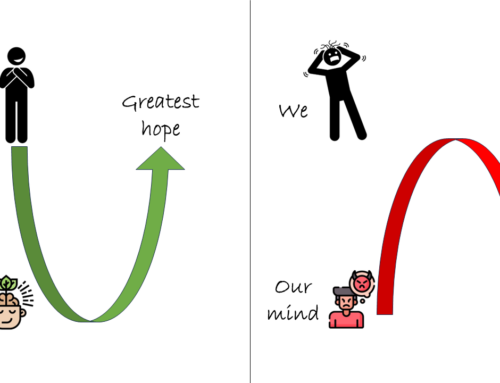


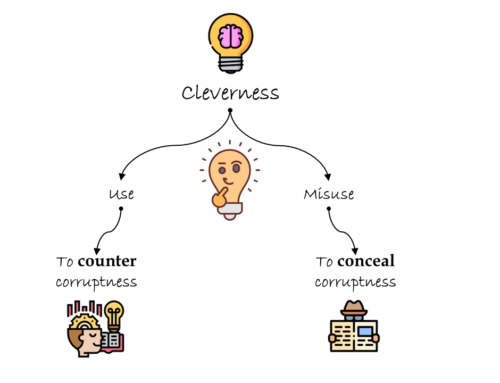

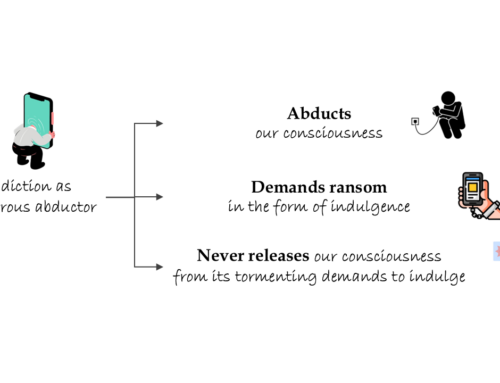

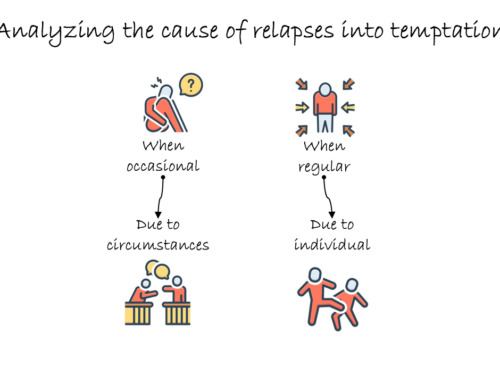

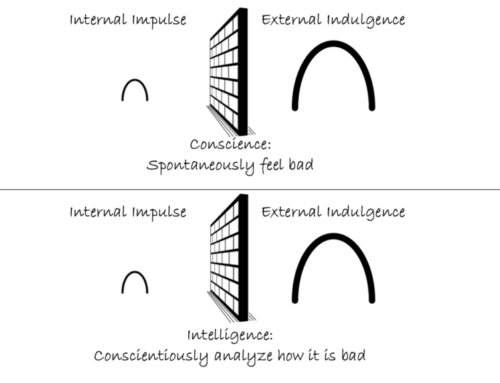
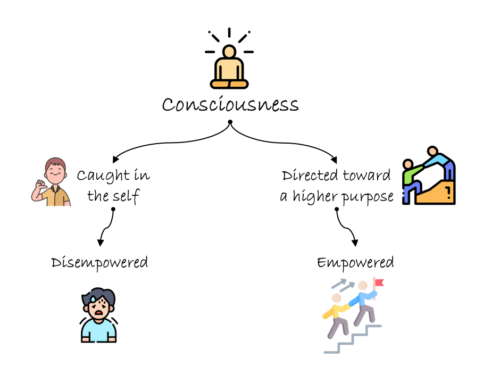
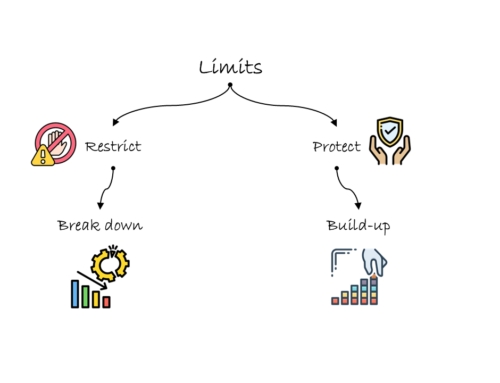
Leave A Comment